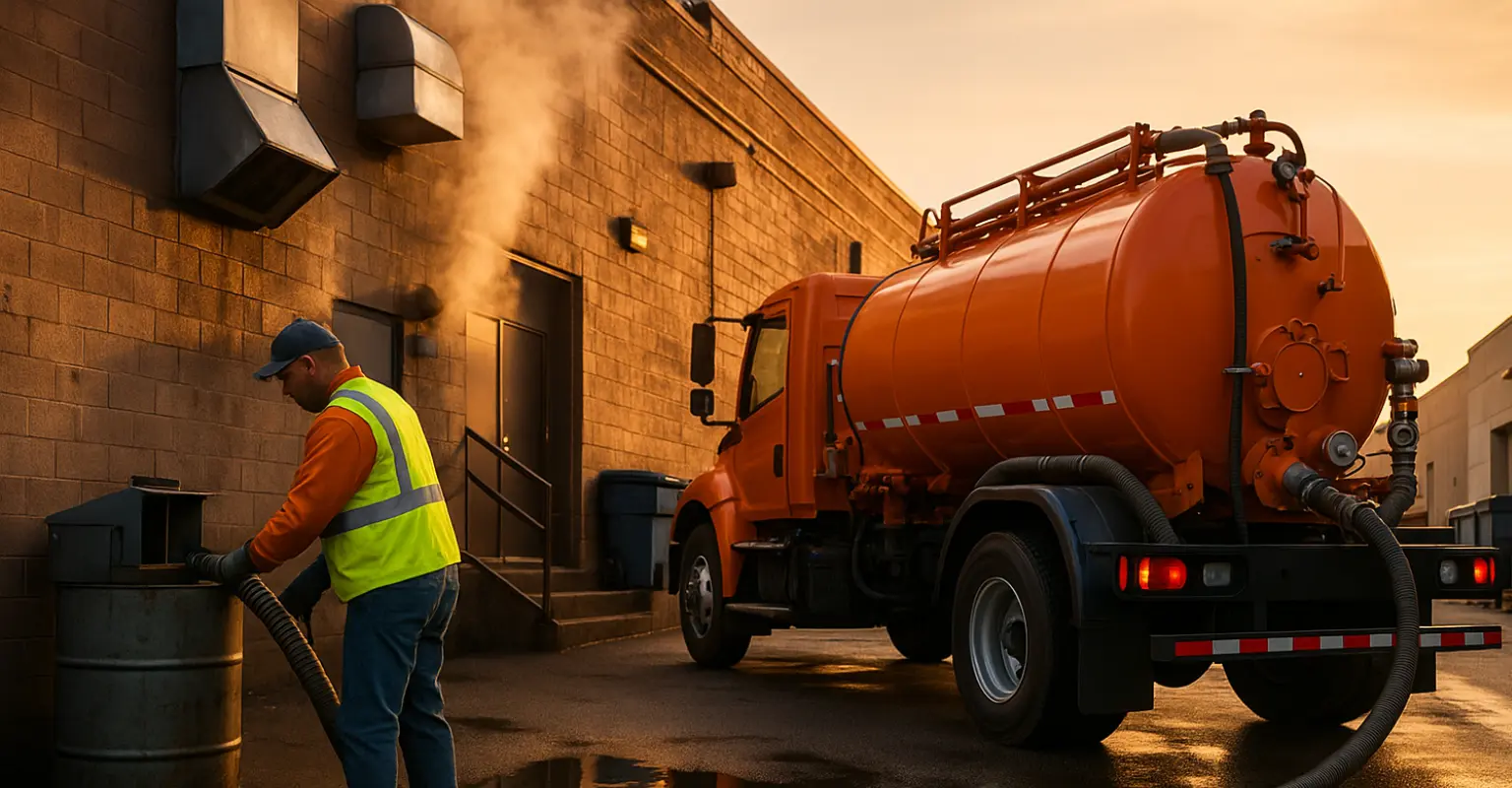
·
Used Cooking Oil Biodiesel Policy 2025: Waste Grease Becomes Energy Gold
Record high EPA blending targets, New York’s B10 bioheat rule, and California’s new LCFS caps are converting dumpster grease into prized compliance credits. See how 2025’s rules reshape the biodiesel market landscape.
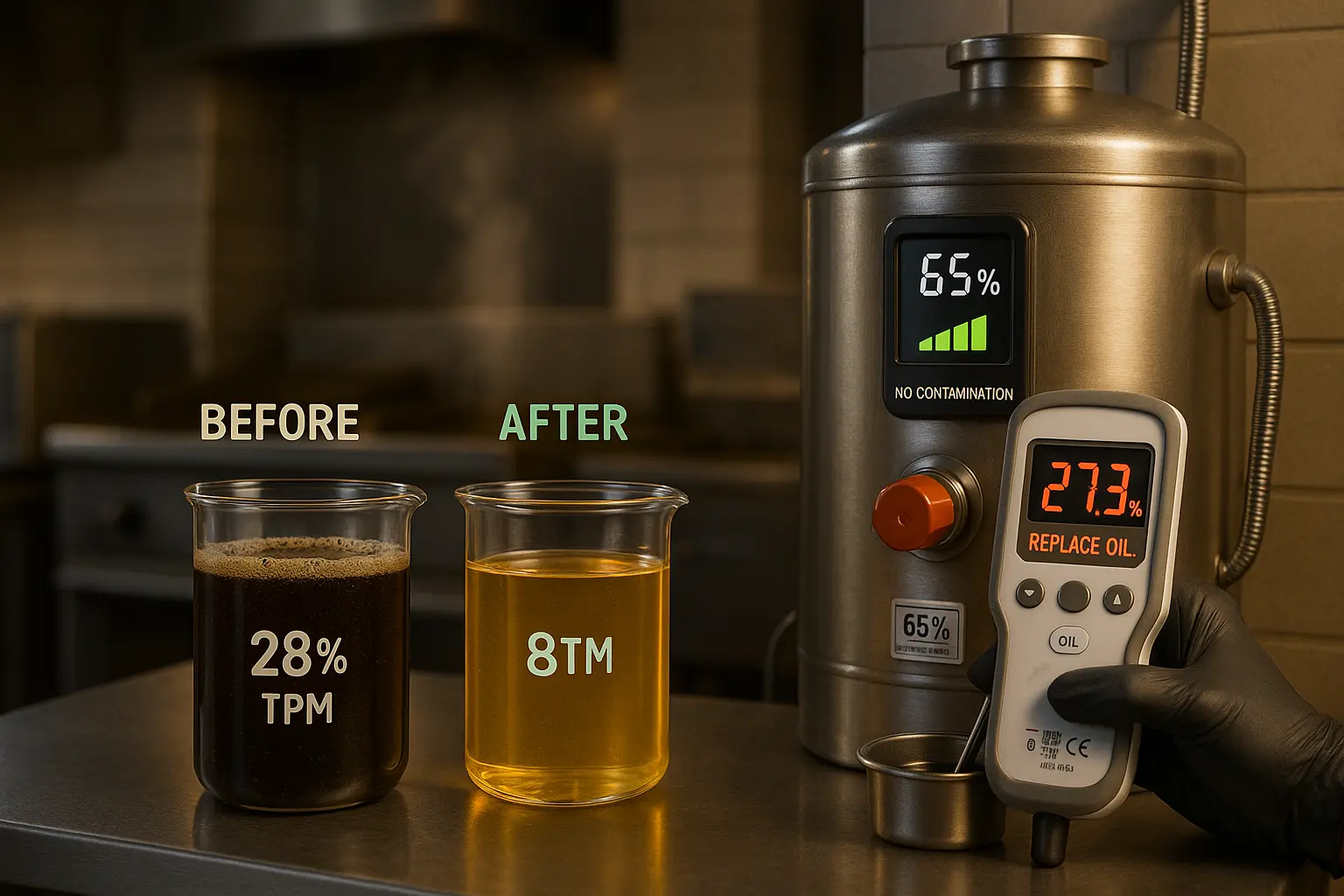
·
When Used Cooking Oil Goes Bad: Signs & Storage Fixes
See the science of rancidity, practical warning signs, code compliant storage tips, and daily tests that save money, prevent fires, and keep your used cooking oil rebate ready.
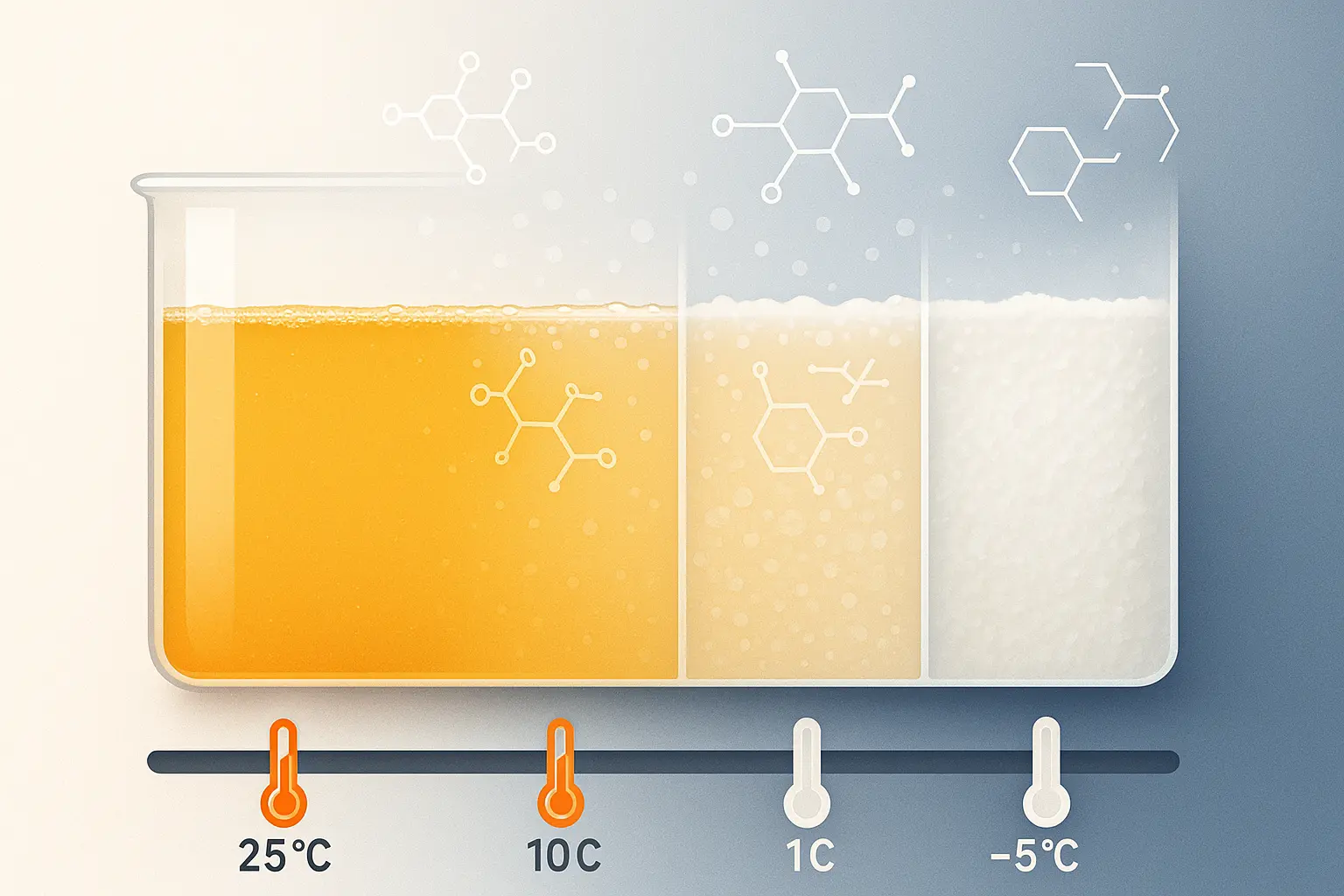
·
Cold Weather Used Cooking Oil Management
Winter turns fryer oil into sludge. Discover expert level heated containers, heat trace hoses and smart pick‑up scheduling that keep grease collections smooth, safe and profitable in sub zero weather.
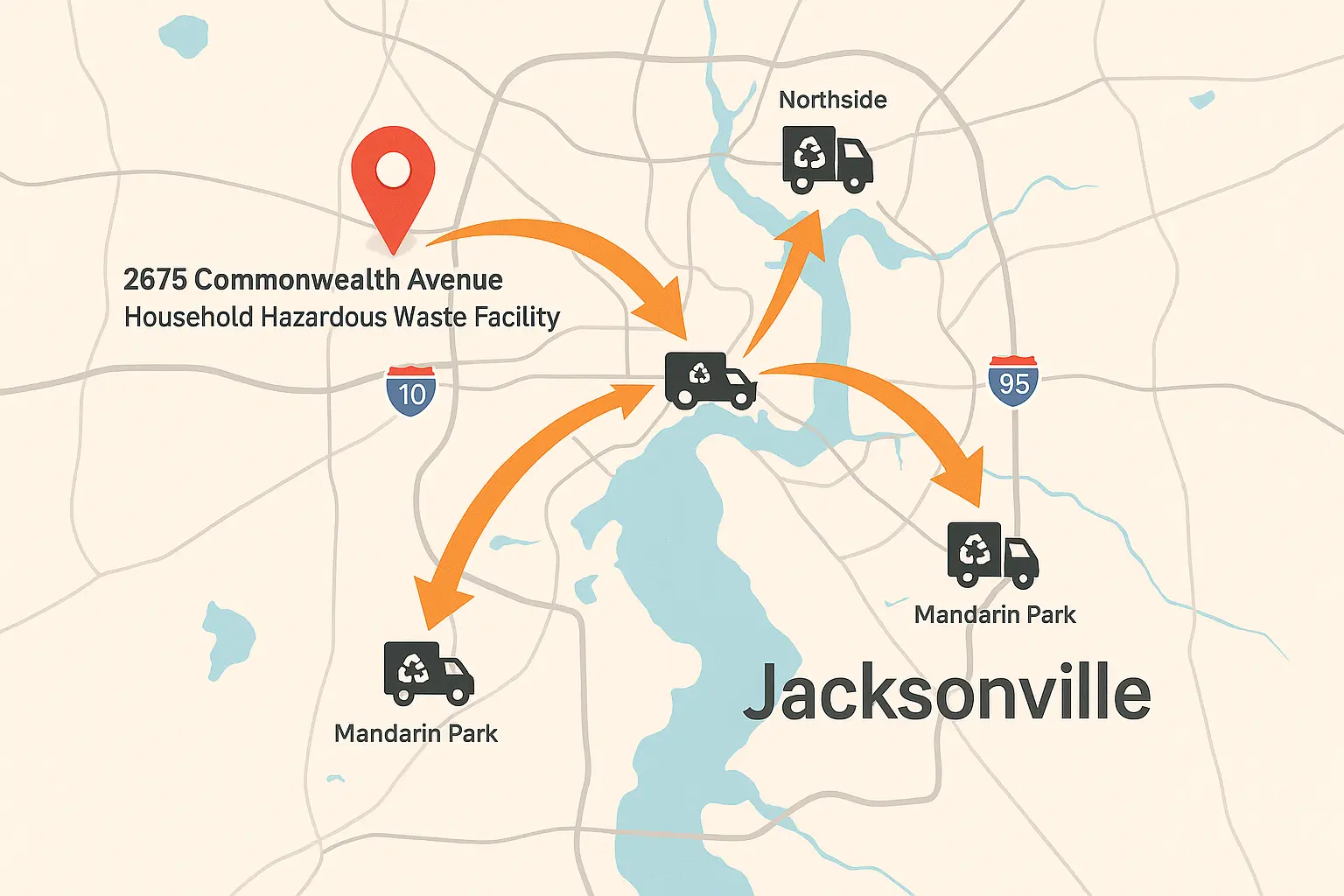
·
Jacksonville Used Cooking Oil Disposal Guide
Jacksonville turns fryer grease from plumbing hazard to clean energy asset. Follow local FOG rules, safe storage tips, and free drop off or rebate programs to keep drains clear and wallets fuller.
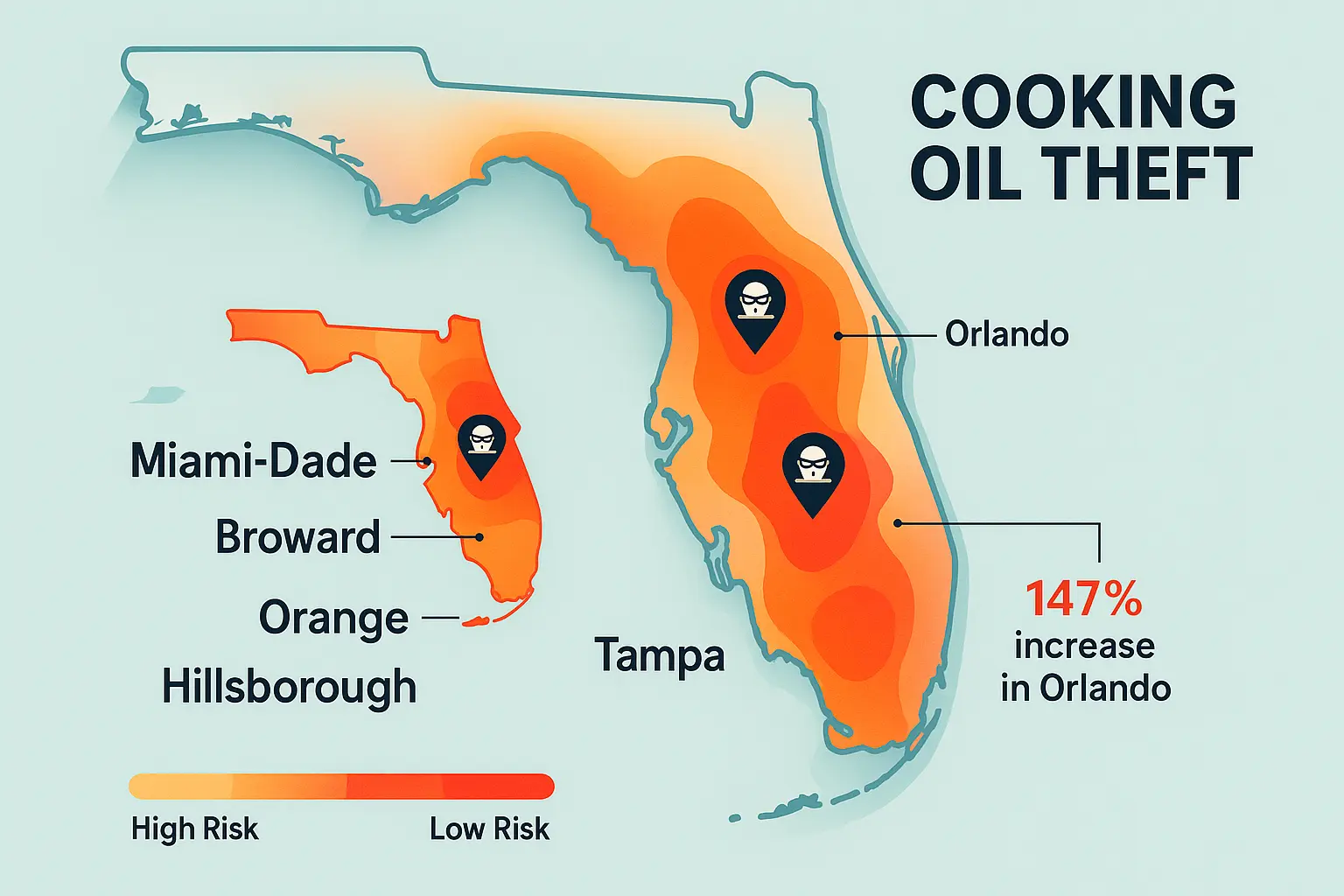
·
Florida Cooking Oil Theft Penalties: Fines, Jail Time & Environmental Charges Explained
Florida treats “liquid gold” grease theft seriously. Depending on value and method, offenders face felony jail time, $5,000 to $50,000 fines, civil treble damages, and DEP environmental actions. Here’s every penalty tier.
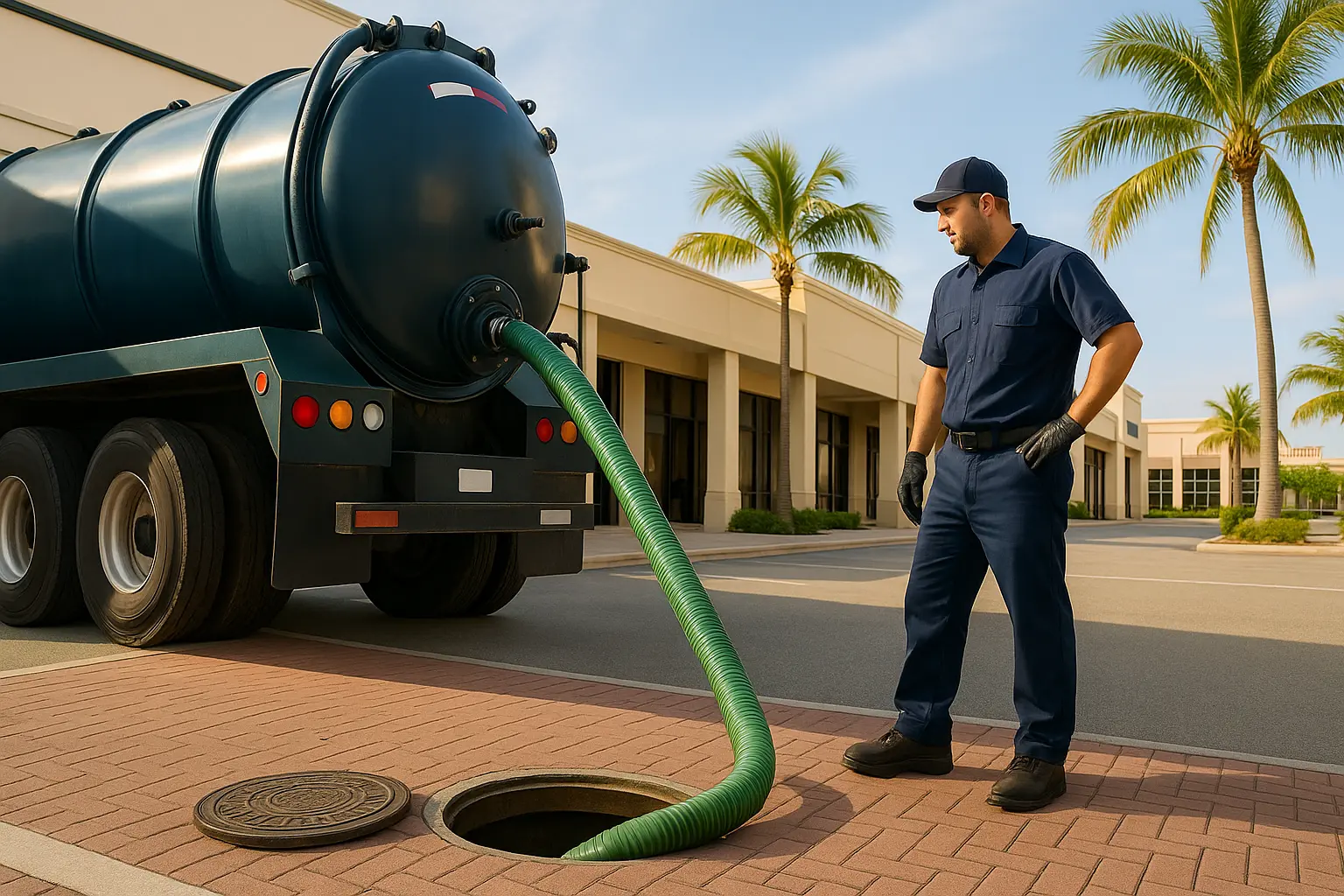
·
Miami Dade Grease Discharge Operating Guide
Filing your Grease Discharge Operating Report isn’t just a formality; it’s the key to keeping kitchens open in Miami Dade. This guide walks you through every deadline, step and rule.
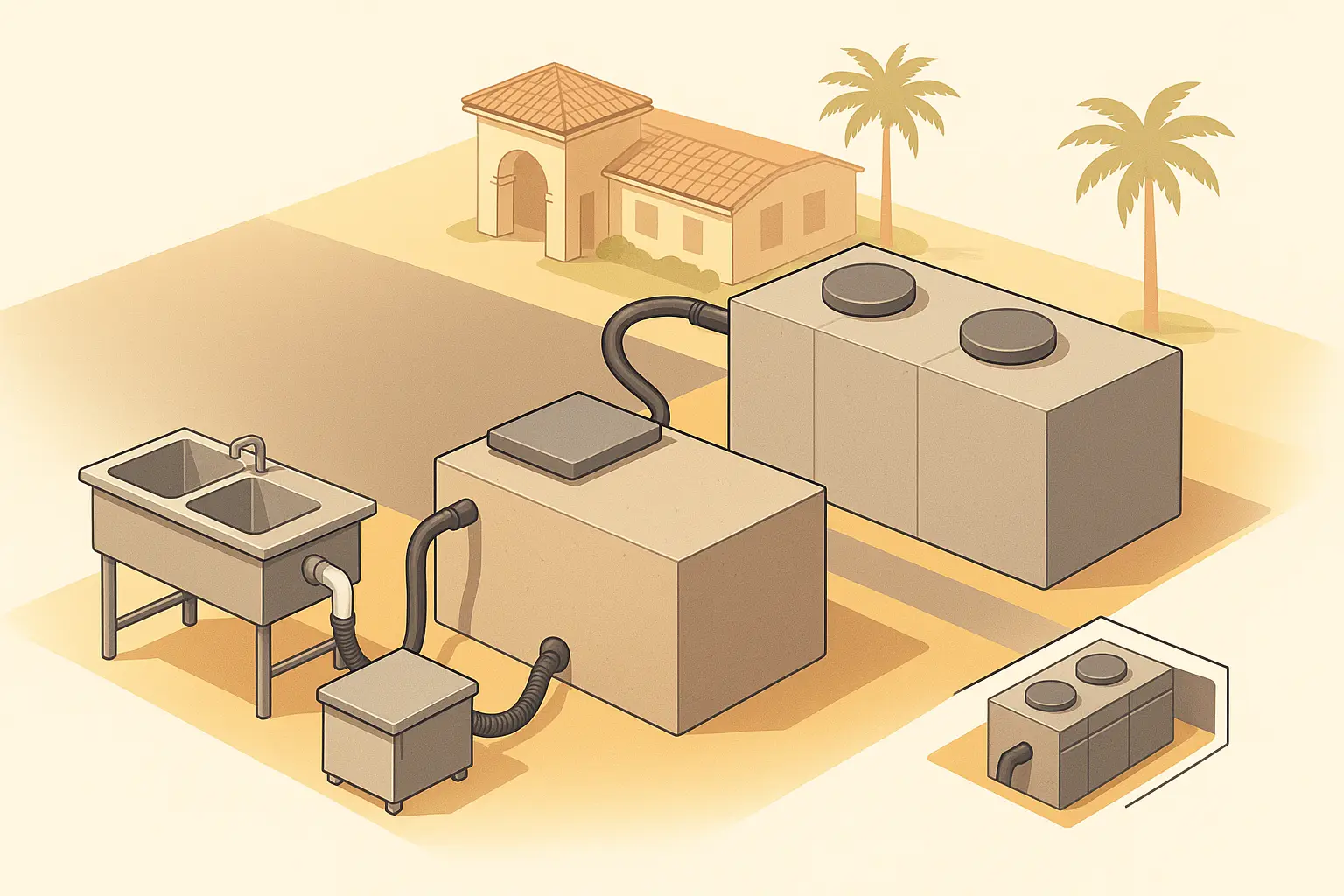
·
Grease Interceptor Sizes in Florida: From 20 GPM Traps to 5,000 Gallon Tanks
Understand Florida’s code compliant grease interceptor sizes, from compact 20 GPM traps to massive 5,000 gallon gravity tanks, and choose the right capacity to pass inspections and avoid costly shutdowns under new DEP FOG rules.
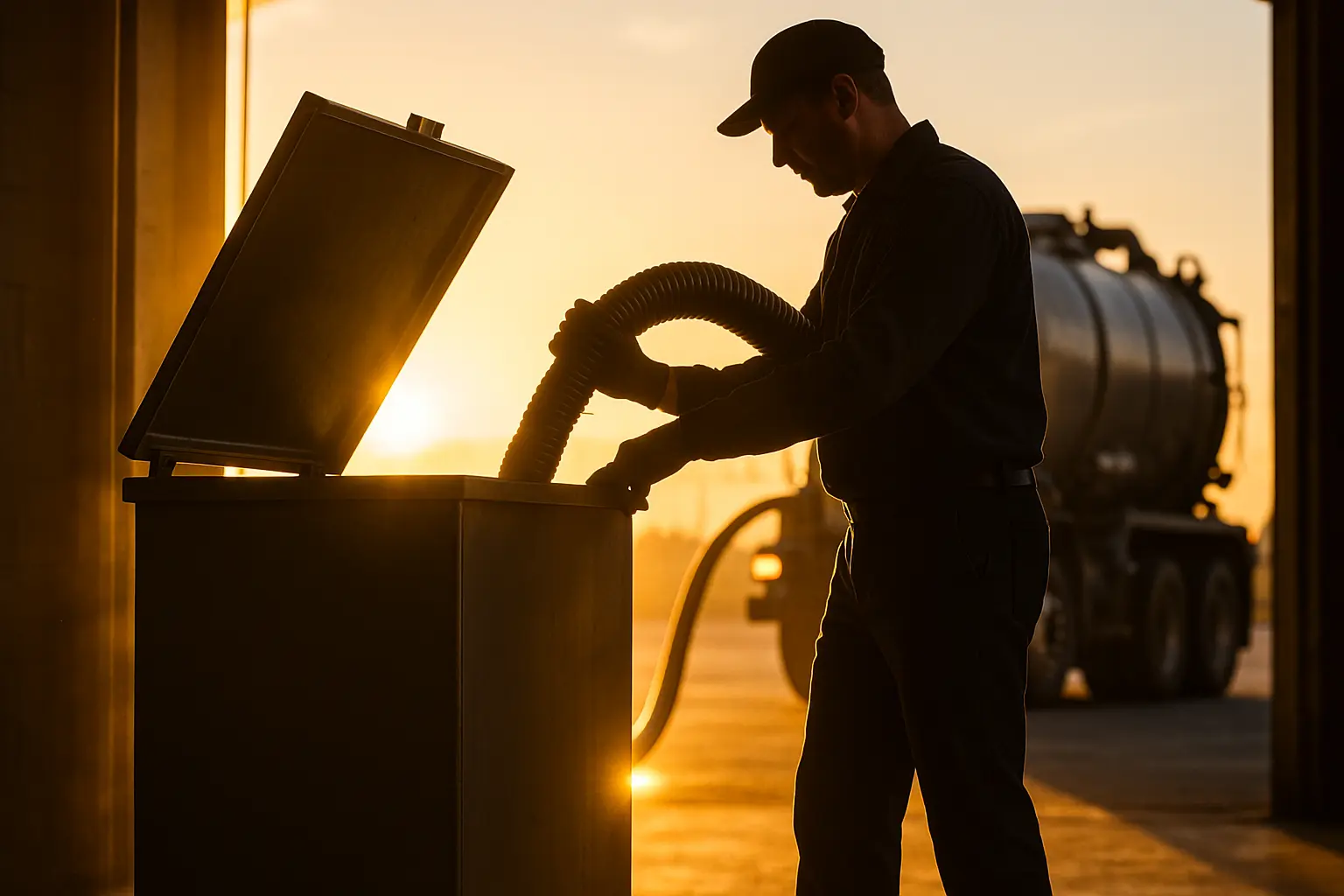
·
Why Regular Cooking Oil Pickup Is the Backbone of a Clean, Compliant Kitchen
Scheduled oil pickup keeps your kitchen compliant, fire safe, pest free, and profitable, turning waste into renewable fuel while protecting staff and equipment. Here’s why frequency matters more than volume.
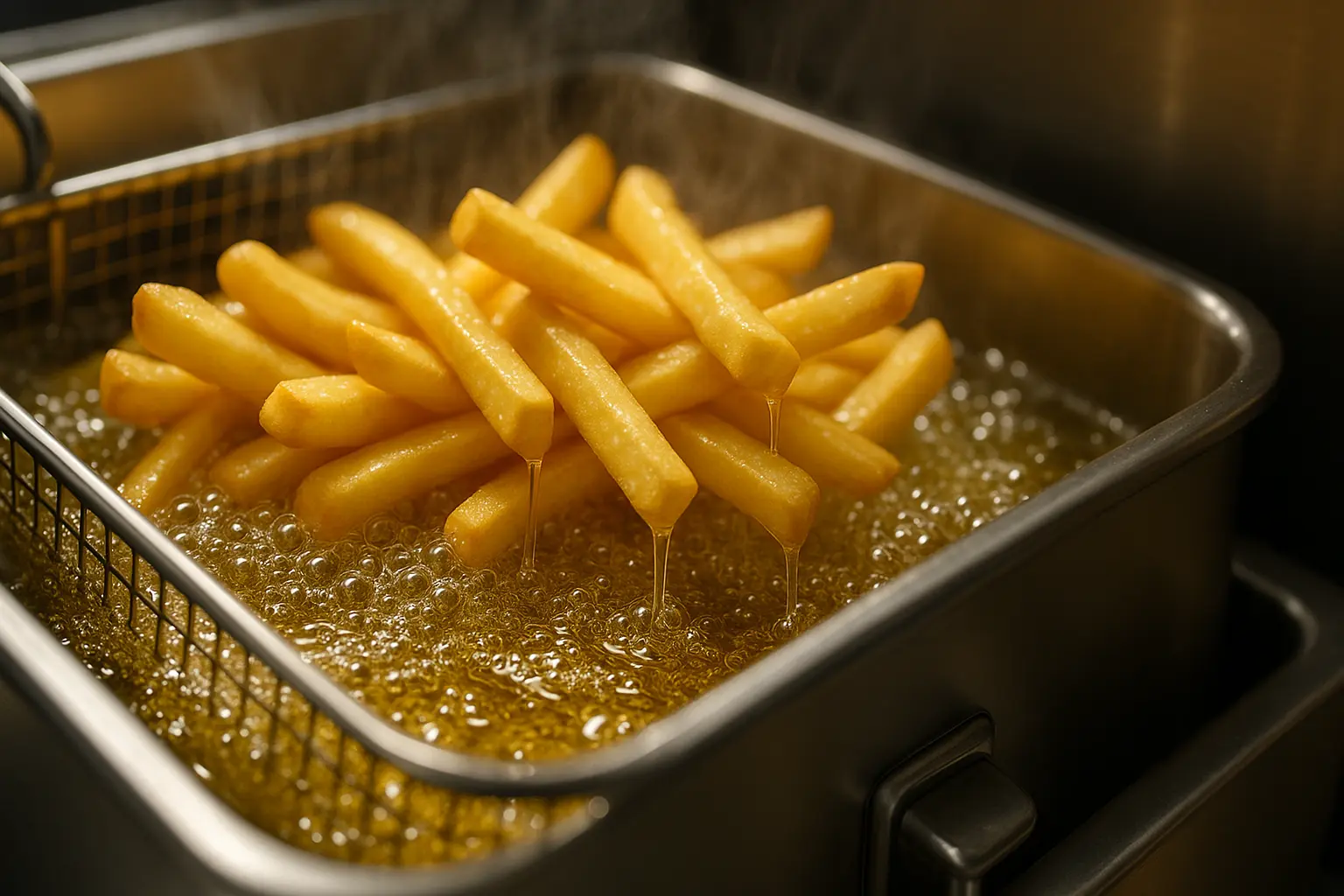
·
How to Extend the Life of Your Cooking Oil and Slash Costs & Waste
Smart oil management, right oil, right temperature, disciplined filtration, and closed loop recycling can cut fryer costs up to 50 percent while meeting sustainability goals and food quality standards.
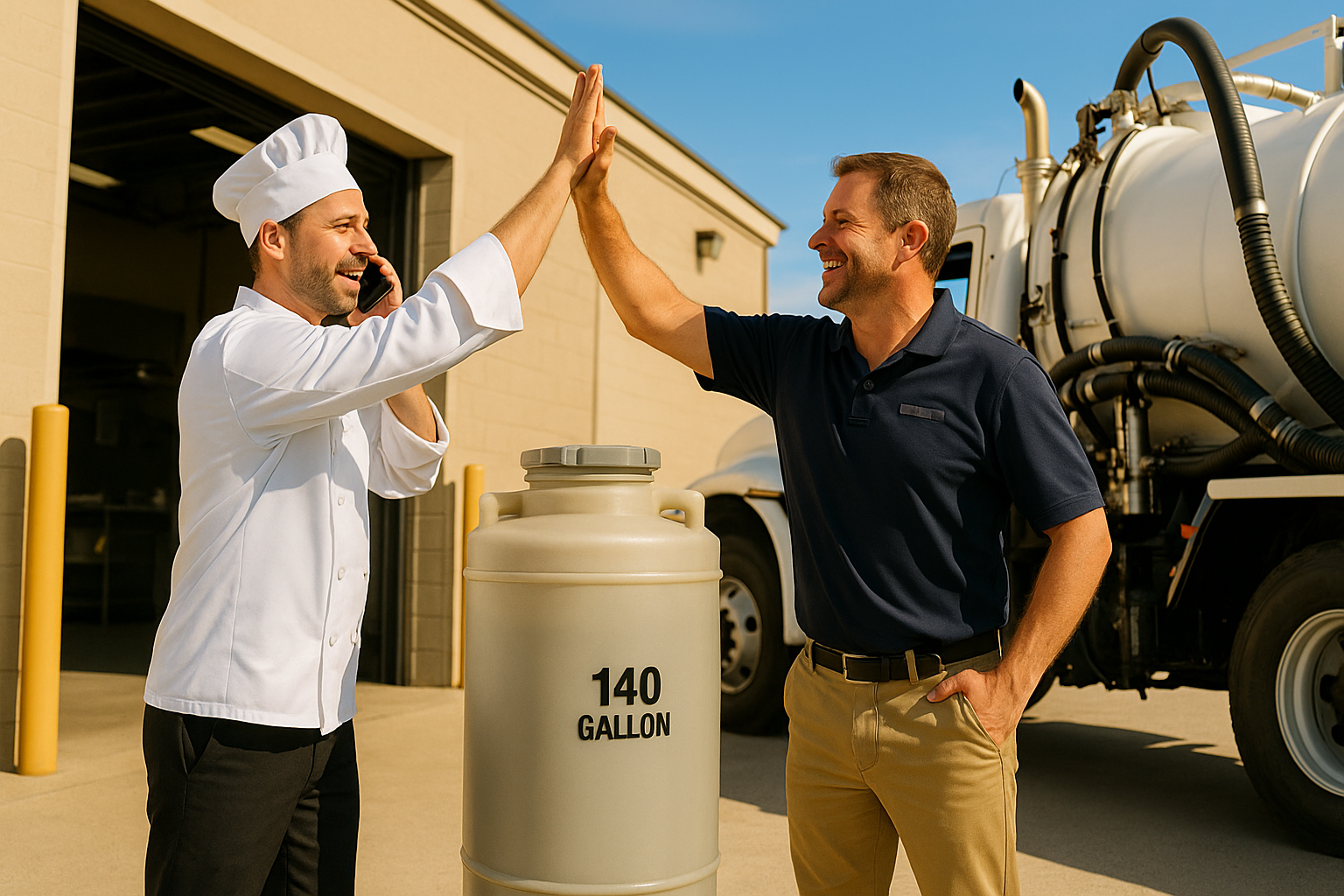
·
How to Schedule Regular Used Cooking Oil Pickups in New Jersey
Table of Contents The Grease Cycle in New Jersey Food Service Every fryer load eventually turns to waste oil, and in New Jersey that liquid is legally a “regulated recyclable.” When it leaves your kitchen, it enters a statewide supply chain that converts fats into ASTM compliant biodiesel. Regular pickups keep you in step with…
Not Sure If We Cover Your Location? Check Coverage Here →
